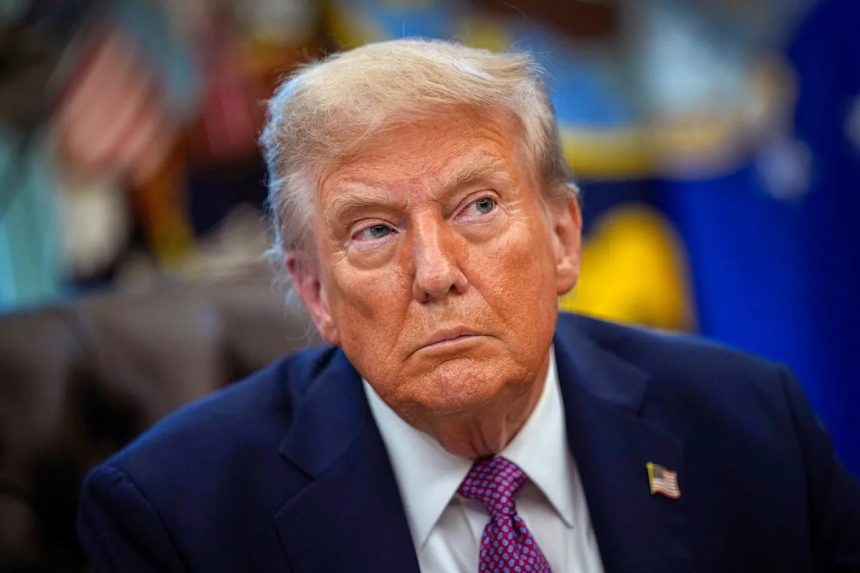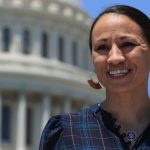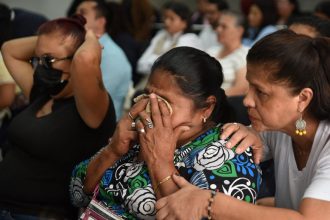After President Donald Trump threatened Harvard with the loss of $2.2 billion in federal research funds and the exclusion of foreign students to extort the university into granting him control over its key academic functions, U.S. District Judge Allison D. Burroughs granted Harvard summary judgment in its civil action against the Trump administration for violating its rights under the First Amendment and various federal statutes.
The initial threat from the administration sought, among other things, to control who can teach, what subjects can be taught, how they may be taught, and which students can be admitted to Harvard.
In Burroughs’ opinion, the court relied on undisputed facts (as it must to grant summary judgment) that, taken together, would also support a criminal prosecution against Trump for extortion and conspiracy to defraud the government.
The major impediment to such a prosecution, of course, is last year’s unprecedented Supreme Court decision granting immunity.
As an assistant special Watergate prosecutor, I investigated the Nixon administration’s alleged use of “available Federal machinery” against those on his enemies list. As explained in the Watergate Special Prosecution Force Report, the office investigated a “concerted effort to use Government resources for illegitimate and political — perhaps punitive — purposes as a conspiracy to defraud the United States in violation of Title 18, U.S.C. § 371.”
Those investigations never resulted in indictments because of a lack of “proof beyond a reasonable doubt” on the critical element of “corrupt intent.” For example, the office determined not to prosecute tax audits directed at those on Richard Nixon’s enemies list because there was insufficient proof that these audits were initiated as political retribution against the taxpayers in question.
Similarly, Trump used antisemitism allegedly practiced at the university as the justification for demanding control of Harvard. Burroughs, however, held that “a review of the administrative record makes it difficult to conclude anything other than that [the government] used antisemitism as a smokescreen for a targeted, ideologically motivated assault on this country’s premier” university.
The court premised its conclusion of an “ideologically motivated assault” against Harvard, in part, on Trump’s own admissions. The judge, for example, cited Trump’s Truth Social post accusing Harvard of “hiring almost all woke, Radical Left, idiots and ‘birdbrains’ who are only capable of teaching FAILURE to students.”
The court also found that the trigger for the elimination of Harvard’s federal funding was Trump’s retaliation in response to the university exercising its protected right to file a lawsuit against the administration. The judge quoted Trump’s Oval Office statements including his assertion that “every time [Harvard] fight[s], they lose another $250 million.”
Coupled with Trump’s admissions, the court further held that antisemitism was a pretextual smoke screen based on the following undisputed facts:
1) the government’s correspondence “makes no secret of the government’s ideological disagreements with Harvard,”
2) the lack of evidence that the government had any information “about the prevalence of antisemitism at Harvard before” freezing the grants,
3) the absence of “a single document … that indicates that [the administration] weighed the value of the research funded by a particular grant against the goal of combating antisemitism,” and
4) zero evidence that the government considered Harvard’s prior and ongoing efforts to combat antisemitism.
That antisemitism was nothing more than a pretext was further supported by the undisputed evidence that the administration ignored the legislated requirements of Title VI before freezing Harvard’s federal grants. “The administrative record contains no evidence of a notice of noncompliance, an assessment that compliance could not be achieved by voluntary means, a hearing, a finding on the record, or a report to Congress.”
In short, there is overwhelming undisputed proof of fraudulent intent and “improper purpose,” the key elements to prove extortion and fraud. These undisputed facts show that Trump did not pursue a legitimate government effort against Harvard to combat antisemitism. Instead, Trump was motivated by political retribution and retaliation.
Consistent with the Supreme Court’s grant of absolute presidential immunity for “official” executive actions, Trump’s actions against Harvard are replete with the appearance of “official acts.” Trump issued multiple presidential executive orders, he created a multiagency Task Force to Combat Antisemitism, and he directed various executive offices to take unwarranted actions against Harvard.
The rationale for this absolute presidential immunity, according to Chief Justice John Roberts, is “to ensure that the President can undertake his constitutionally designated functions effectively, free from undue pressures or distortions.” However, as the Harvard case demonstrates, the practical effect of absolute immunity is that a crooked president can undertake criminal acts free from accountability to the criminal justice system.
That was not so in Watergate. Nixon’s obstruction of the Watergate criminal investigation consisted of multiple “official acts” for which he would have been charged but for President Gerald Ford’s pardon. For example, the act that led to Nixon’s resignation was his direction through a subordinate to instruct CIA officials to call the FBI and demand it halt its investigation into the break-in over national security concerns.
Under the current Supreme Court decision, Nixon’s obstructive acts could not have formed the basis for a criminal prosecution. Indeed, Nixon would not have had to insulate himself from the FBI by having someone else call the CIA. He could have just picked up the phone and instructed the FBI to shut down the Watergate investigation, and Nixon would never have had to resign the presidency.
This article was originally published on MSNBC.com









